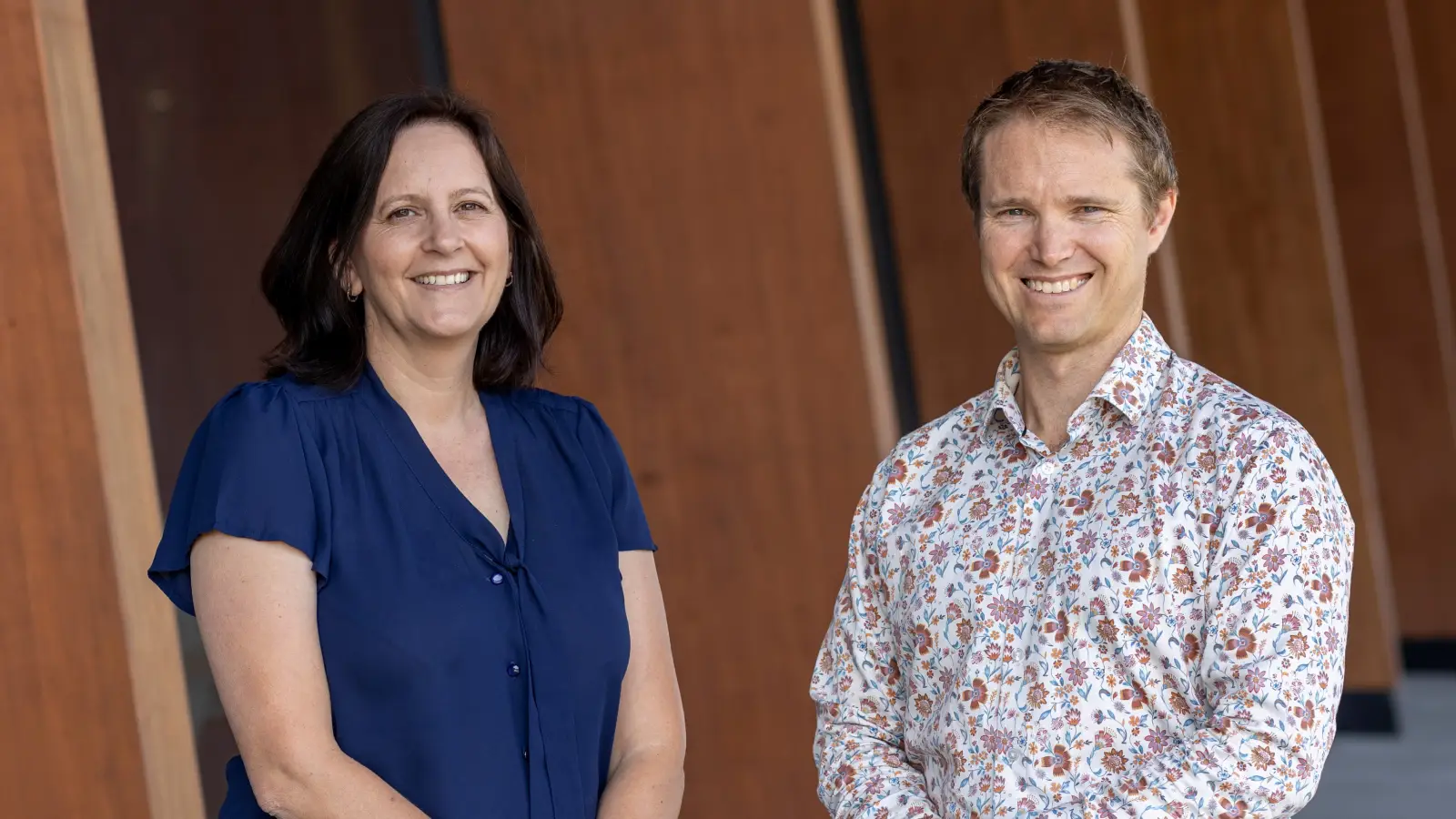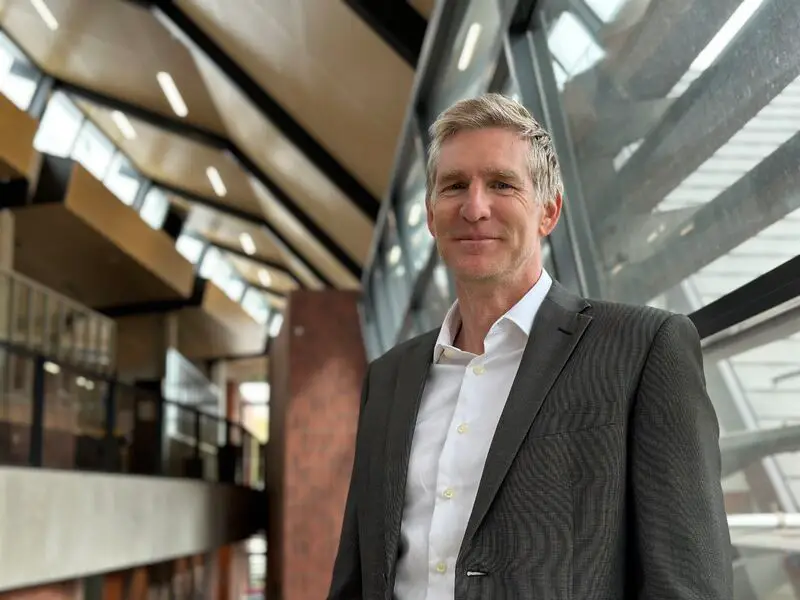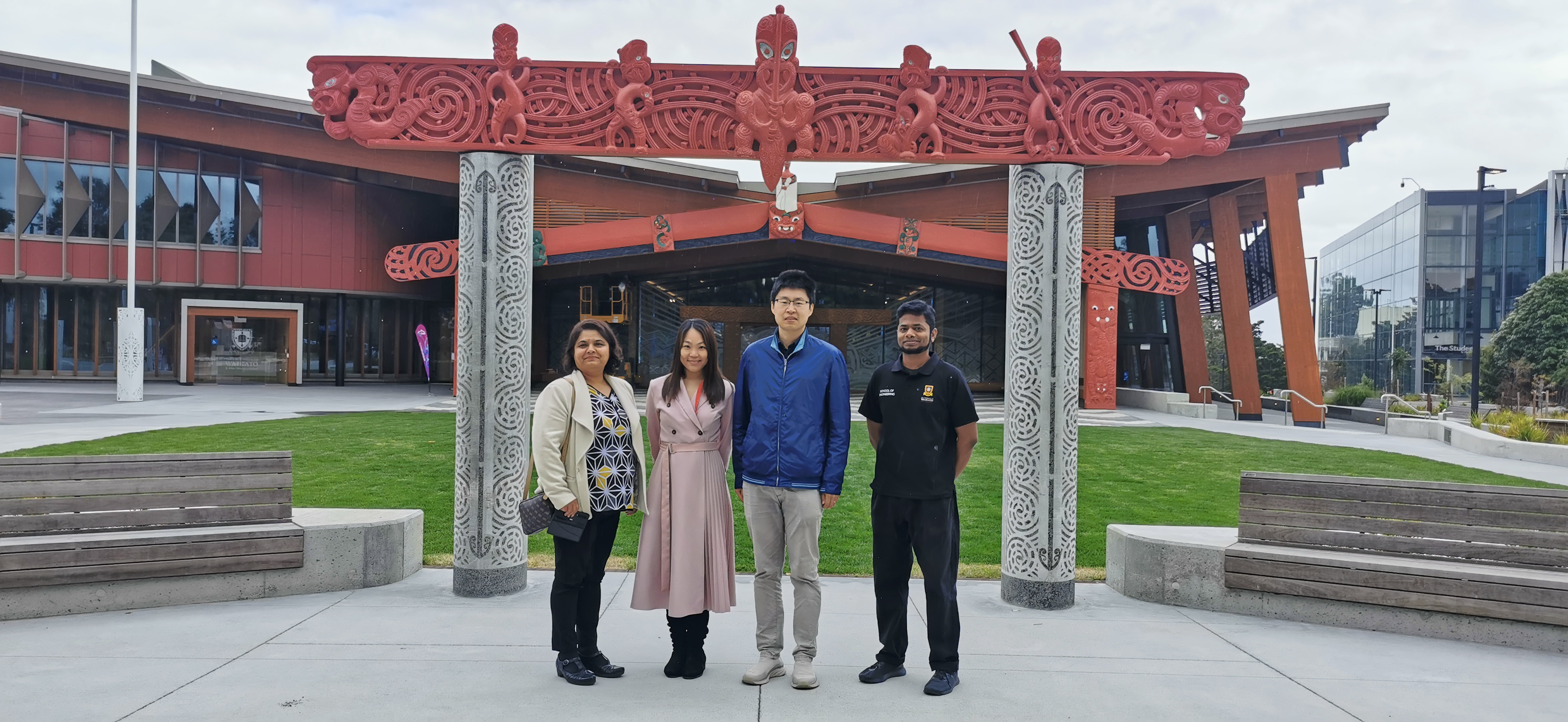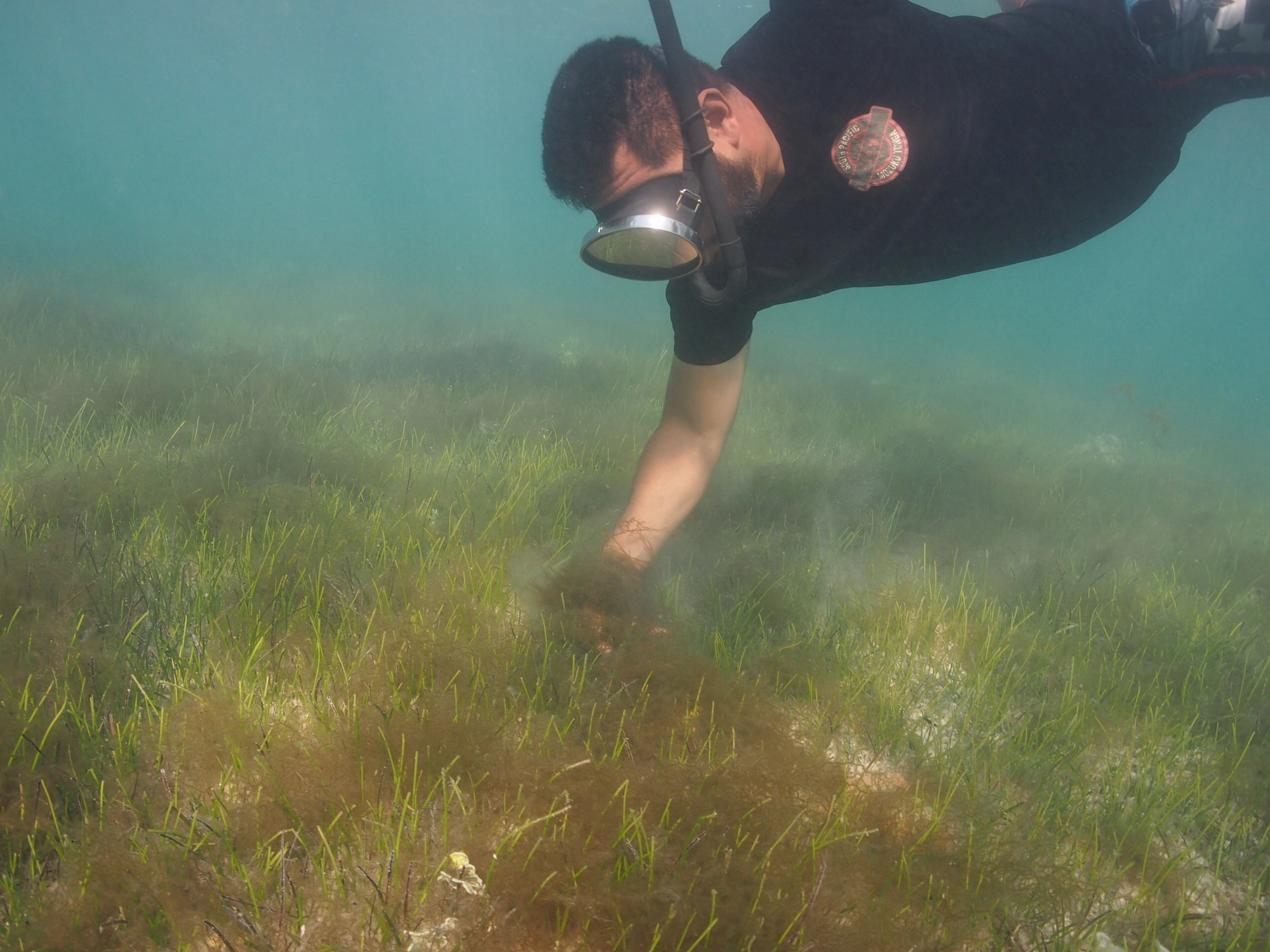The University of Waikato’s Library team has undergone a transformation over the past six months reorganising roles to deliver services to students, staff and researchers that support an antiracist institution and Indigenise the library service.
Under the guidance of University Librarian, Michelle Blake, and with the support of senior Māori and Pacific staff, and Organisational Development, the Library team has been reorganised, creating six new roles dedicated to supporting Māori and Pacific staff, students, and researchers.
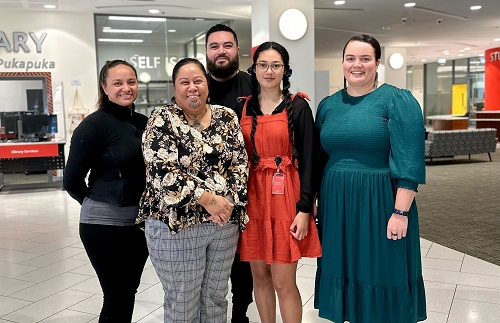
L-R: Hollie Tawhiao, Keshia Cleverly-Karaitiana, Ammon Apiata, Kalehi Apete, Rangihurihia McDonald.
“It’s been a very deliberate process starting with creating a Library Plan endorsed by the University Executive and underpinned by the Taskforce report and Te Tiriti o Waitangi me te Whare Wānanga o Waikato (University of Waikato Treaty Statement),” says Michelle.
Consideration was then given to the roles needed to deliver on the plan in consultation with Assistant Vice-Chancellor Pacific, Keaka Hemi, Deputy Vice-Chancellor Māori, Sarah-Jane Tiakiwai, and Pou Tūhono Manager, Whetu Taukamo. Their work also involved looking at how other tertiary institutions have organised their teams.
The Library previously had two broad roles dedicated to Māori and Pacific support but even having the roles covering both areas was problematic, says Michelle.
“We knew there was a lot of cultural double labour. Staff who were picking up work to support Māori and Pacific initiatives on top of their own roles and we recognised we needed to have specific people dedicated to delivering that work,” says Michelle.
The six new roles filled the obvious gaps.
The most senior role is Pou Ārahi, held by Rangihurihia McDonald (Hurihia), the Library’s new bicultural advisor.
Hurihia has been at the University in various capacities since she started her undergraduate study straight out of secondary school and just completed a PhD researching mātauranga Māori responses to climate change in the marine space.
“I’m passionate about mātauranga Māori and I’ve been an avid user of the library as a student. I wanted to help make it a more inclusive space. We house so many taonga here. I also wanted to be part of our commitment to be the first antiracist tertiary institution in Aotearoa,” says Hurihia.
Along with helping set the Library direction alongside Michelle, staff can go to Hurihia in confidence and seek advice on how to navigate issues.
The other new roles created include a Māori and Indigenous Research Support Advisor. Held by Ammon Apiata, the role supports both kaupapa Māori and Indigenous research and will eventually extend to operationalise a strategy focused on Māori data sovereignty.
Kaitiaki Mātangireia, Hollie Tawhiao, has been appointed to help manage Mātangireia, the Māori and Pacific Collections. She also works closely with Cerys Davidson, the University’s Poutiaki Taonga who cares for the University’s collections including the art collection.
There is also the Kauvaiora, Pacific Liaison Librarian, Kalehi Apete, who is working to put in place resources for staff and students to grow the Library’s Pacific collections.
Kaitūhono, Māori Engagement Advisor, Keshia Cleverly-Karaitiana has a focus on engaging Māori students and making the library inclusive by default for everyone who uses the services.
The library is currently recruiting for Te Mata Aurei, a Teaching and Learning Librarian. This role will support Te Pua Wānanga ki te Ao, Faculty of Māori and Indigenous Studies, as well as provide wider support for Māori students across the University. They will also lead the Library’s work to embed mātauranga Māori within the curriculum.
A new Māori student library assistant intern has also been recruited and they will be advertising for a Pacific intern.
Michelle says six months in from the reorganisation, the team are building their capability. One of the benefits of reorganising the Library roles as part of the Library Plan has also been the cluster approach to recruitment.
“When we advertised for the roles prospective applicants could see they weren’t going to be the only Māori or Indigenous staff member and that there was a network of connected roles.”
This story is the first in a series. We will continue to profile the Library staff and their work in the next edition.
Library staff reading list
Library staff have created a reading list of antiracism resources. This list provides text that range from a starting place for discussion on antiracism and microaggression, the Aotearoa context, resources for the workplace and texts for helping to understand te ao Māori. We encourage you to take a look.
